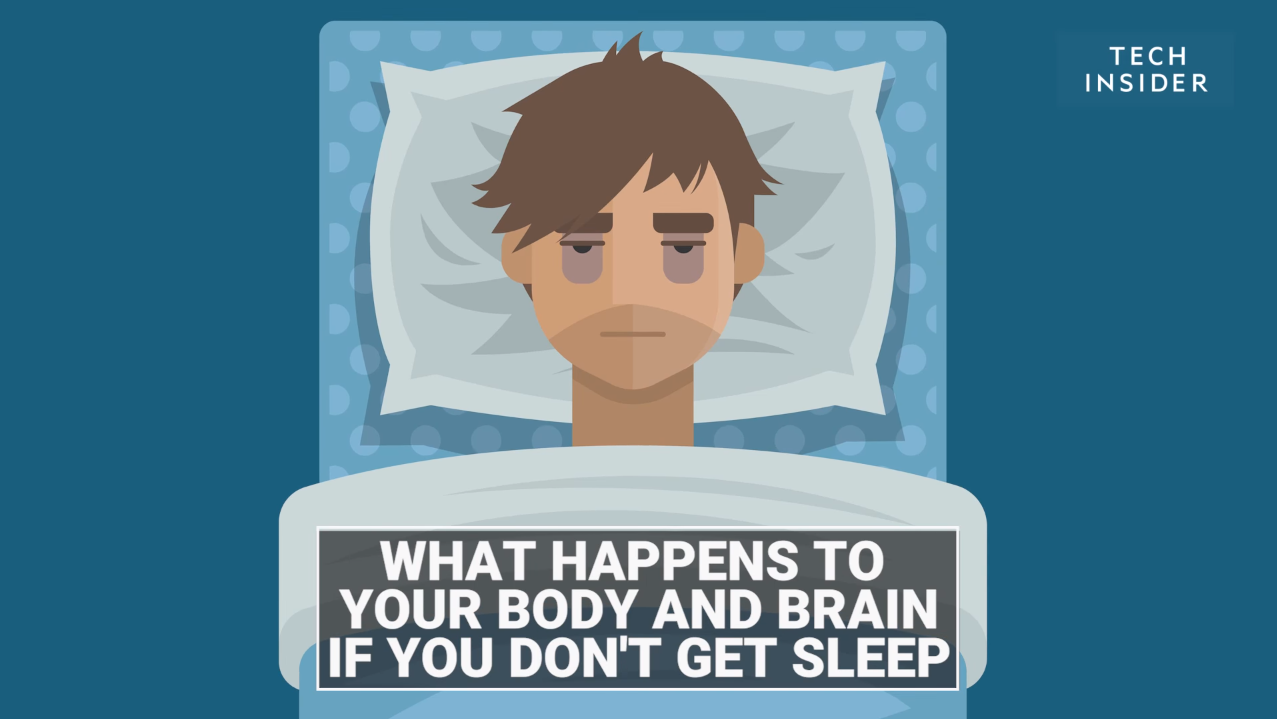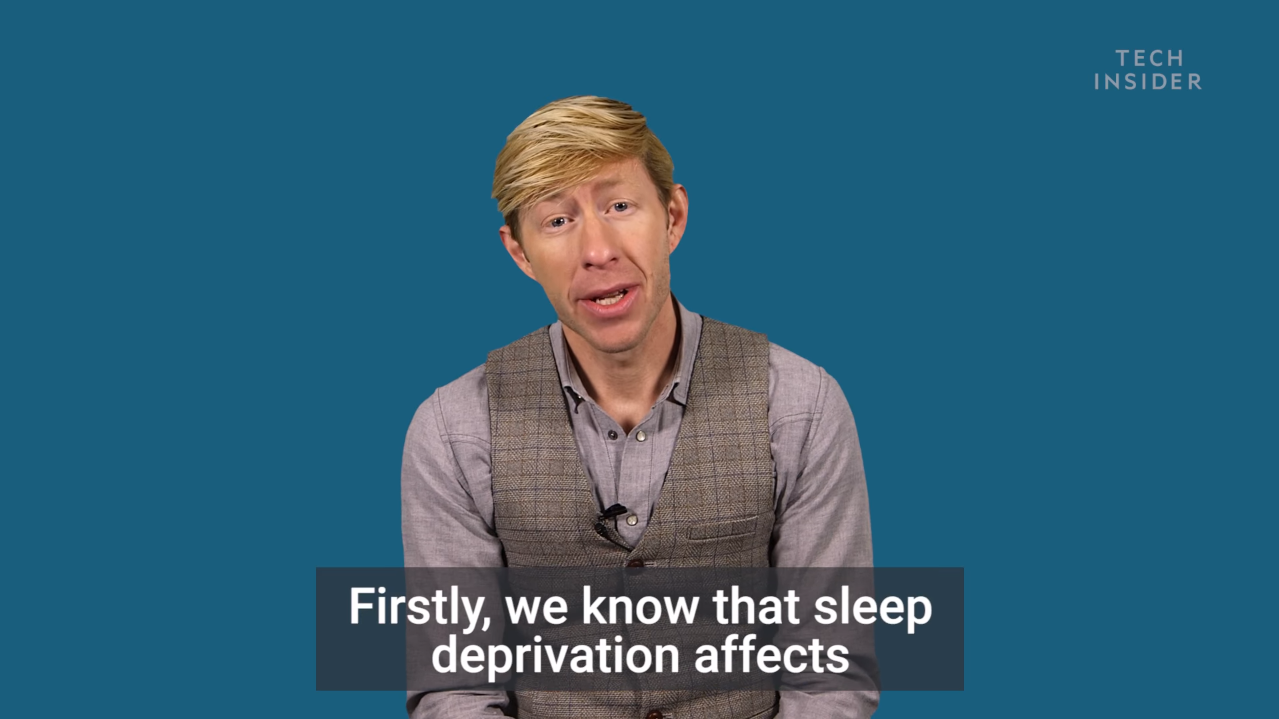The Independent's journalism is supported by our readers. When you purchase through links on our site, we may earn commission.
What sleep deprivation does to your brain
‘Once you get past 16 hours of being awake, that’s when we start to see mental deterioration and physiological deterioration in the body,’ expert says

In today’s day and age, many of us are prone to going to bed later than we should or having just enough sleep to function efficiently the next day.
In 2020, a viral video from a sleep expert detailed the drastic consequences that sleep deprivation can have on your overall wellbeing in the short term and in the long term.
Matthew Walker, author of Why We Sleep and professor of neuroscience and psychology at the University of California, Berkeley, explained how sleep or lack thereof can seriously impact your health.
Firstly, an inadequate amount of sleep can affect your brain’s ability to retain memory.
“We certainly know that a lack of sleep will actually prevent your brain from being able to initially make new memories, so it’s almost as though without sleep the memory inbox of the brain shuts down and you can’t commit new experiences to memory,” he says.
However, that’s not the worst of it. Lack of sleep can also lead your brain to develop a greater concentration of beta amyloid, a toxic protein that’s linked to Alzheimer’s disease.
“It is during deep sleep at night when a sewage system within the brain actually kicks into high gear and it starts to wash away this toxic protein, beta amyloid,” Walker explains.
“So if you’re not getting enough sleep each and every night, more of that Alzheimer’s-related protein will build up.
“The more protein that builds up, the greater your risk of going on to develop dementia in later life.”
As many may already be aware, losing sleep is also connected with having a weaker immune system, Walker explains.
“After just one night of four to five hours of sleep, there is a 70 per cent reduction in critical anti-cancer-fighting immune cells called natural killer cells,” he says.
Walker explains that a deficient amount of sleep can increase your risk of developing bowel, prostate or breast cancer later in life.
Furthermore, in 2007 the World Health Organisation officially classified certain forms of late shift work as “a probable carcinogen” due to the way in which it can disrupt your circadian rhythm.
A good night’s sleep can help mediate your blood pressure, which is why missing out on a restful night can also negatively impact your cardiovascular system.
“If you’re not getting sufficient sleep, you’re not getting that reboot of the cardiovascular system, so your blood pressure rises,” Walker explains.
Having as little as six hours sleep a night can lead to a 200 per cent increased risk of suffering a stroke or fatal heart attack during your lifetime, he warns.

So, how much time can we spend awake before we our mental and physical capabilities start to become impaired?
“Once you get past 16 hours of being awake, that’s when we start to see mental deterioration and physiological deterioration in the body,” Walker says.
“We know that after you’ve been awake for 19 or 20 hours, your mental capacity is so impaired that you would be as deficient as someone who was legally drunk behind the wheel of a car.”
Walker states that the “recycle rate of a human being” appears to be about 16 hours, explaining: “We need about eight hours of sleep to repair the damage of wakefulness.”
This article was originally published in March 2020
Read More: How to choose the best mattress
Join our commenting forum
Join thought-provoking conversations, follow other Independent readers and see their replies
Comments
Bookmark popover
Removed from bookmarks